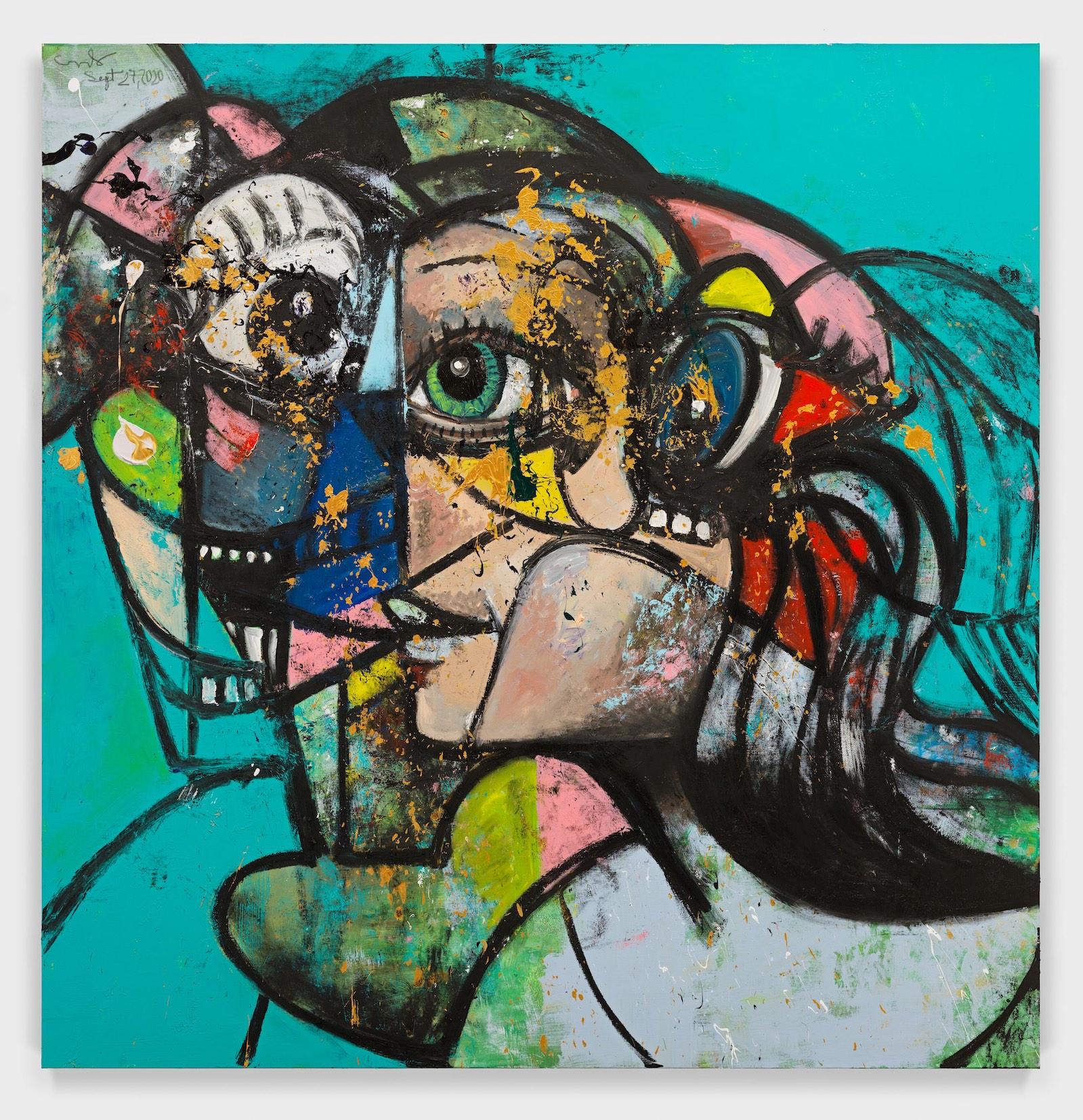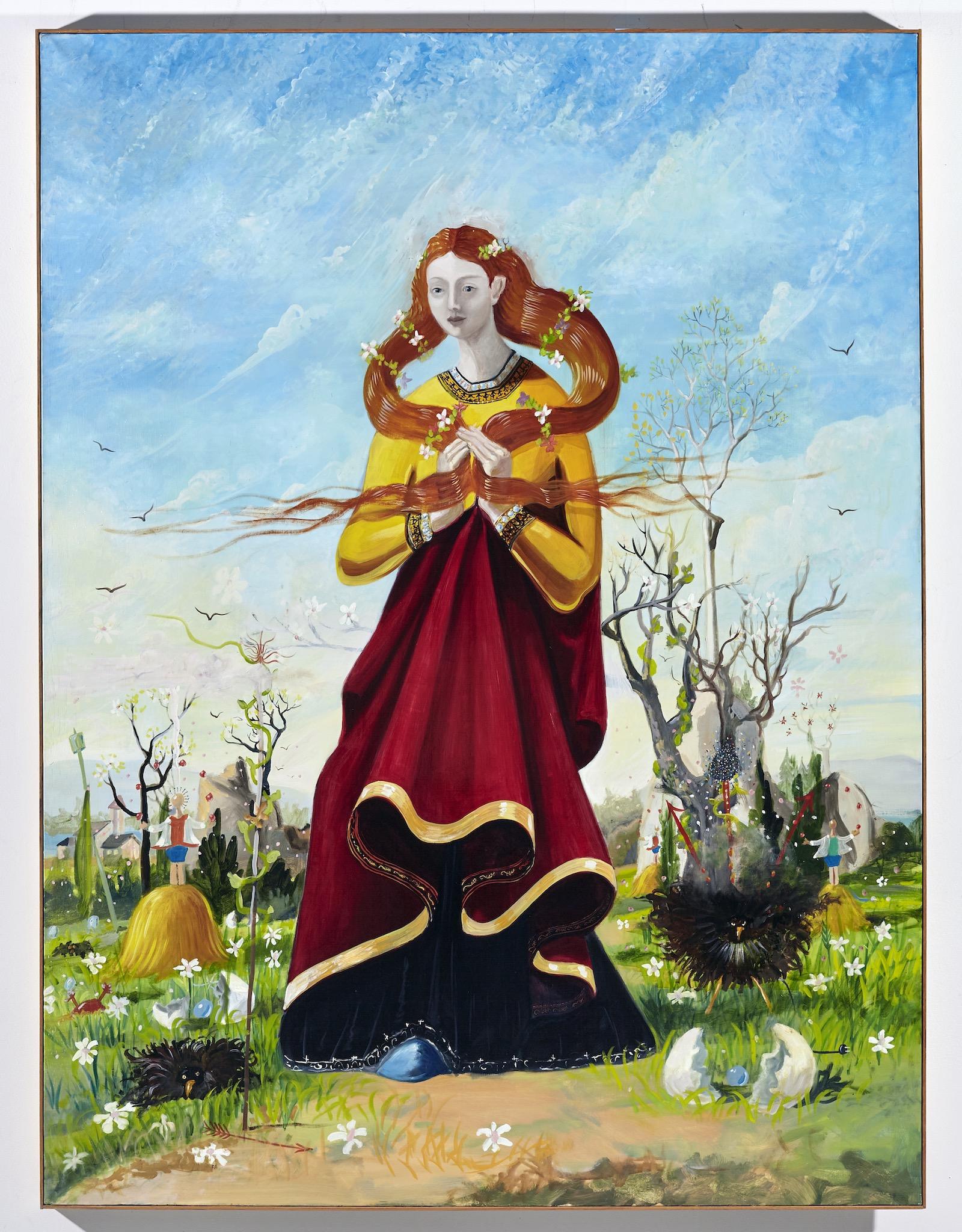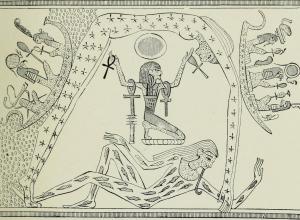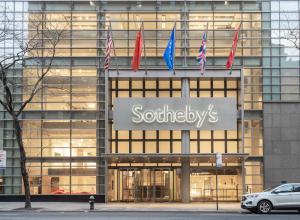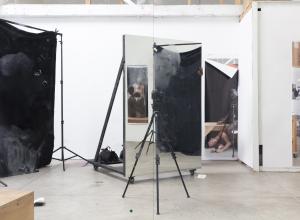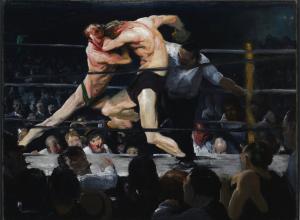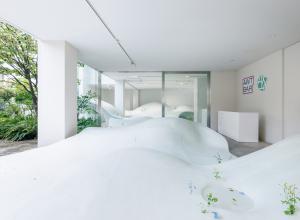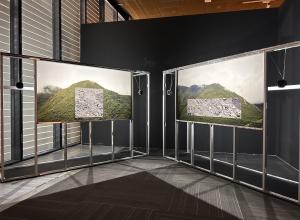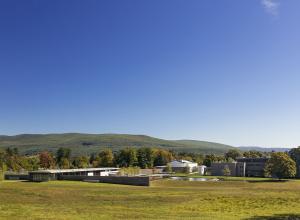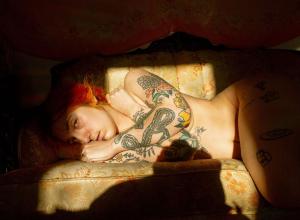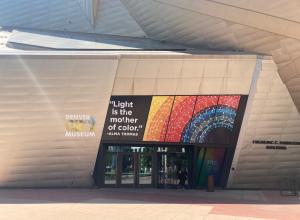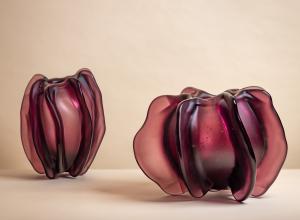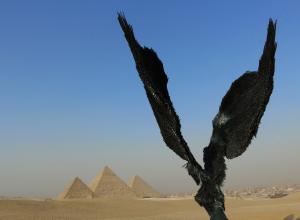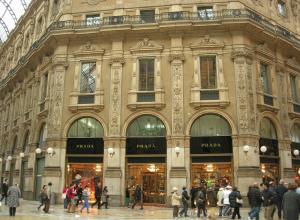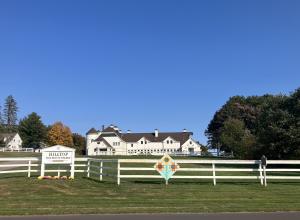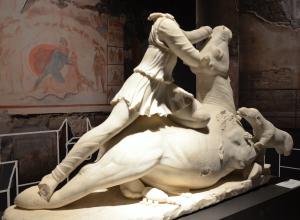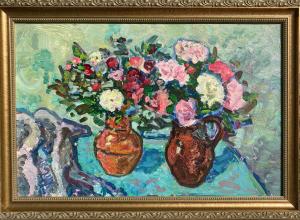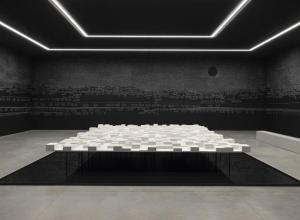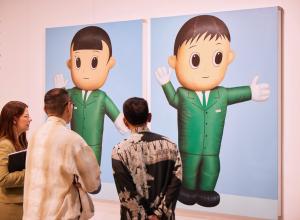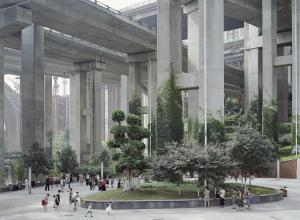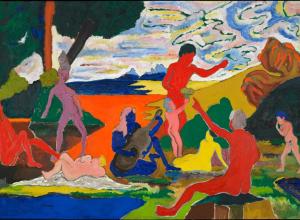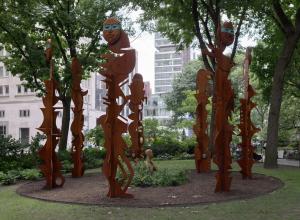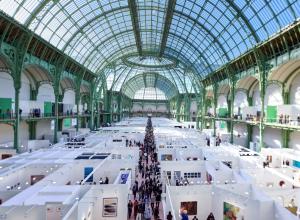"Rembrandt painting Bugs Bunny” is how Condo described his grotesque figurative style in which exacting ancient painting techniques are employed to confront contemporary subjects. Anticipating conversations around the intersection of high and mass culture, in the 1980s Condo’s practice immediately resonated with the work of coeval artists such as Jeff Koons, Barbara Kruger, Louise Lawler, Richard Prince, and Cindy Sherman, while also entertaining a complex dialogue with the irreverent, punk attitude of European painters such as Walter Dahn, Jiří Georg Dokoupil, Martin Kippenberger and Albert Oehlen, among others.
In the span of few years, Condo’s brand of figurative painting would soon also open doors to some of the most interesting artists of the following generations, including Glenn Brown, John Currin, Sean Landers, Dana Schutz, and Lisa Yuskavage.




